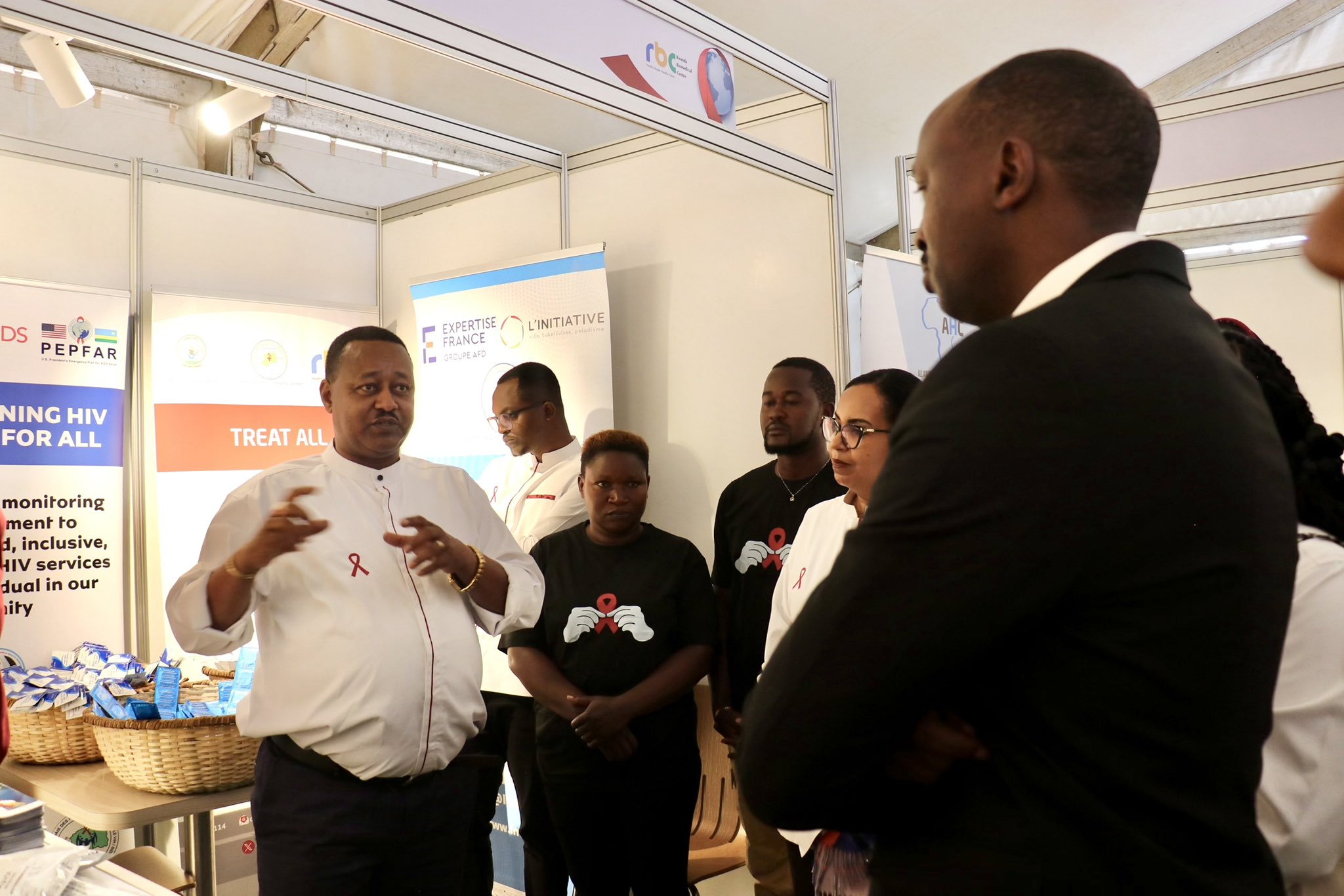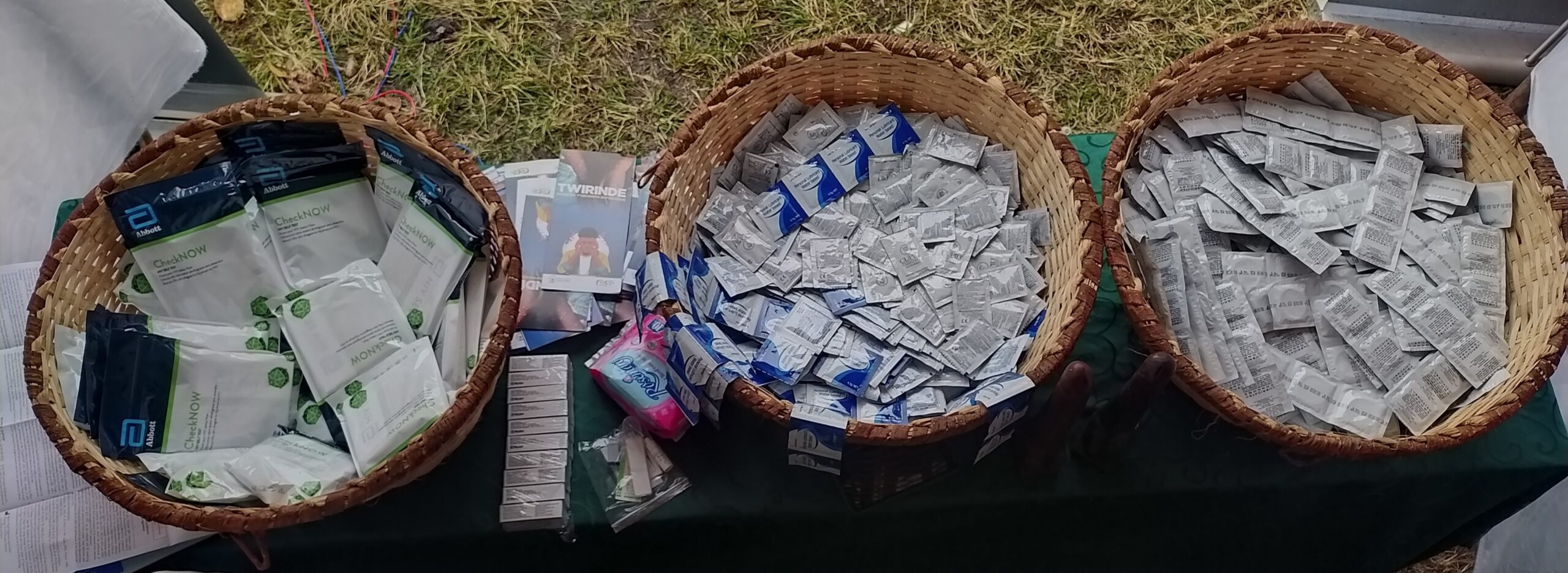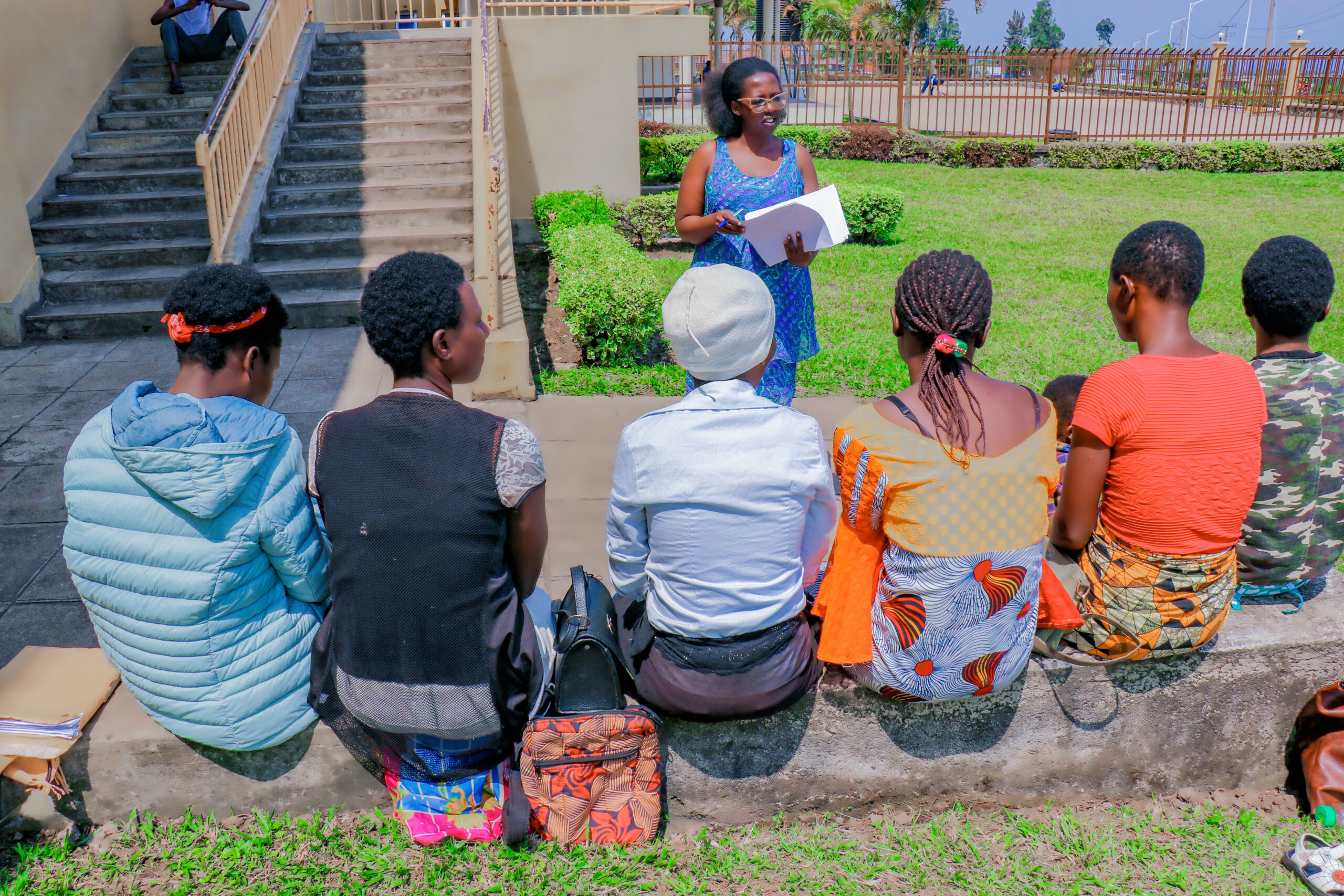In Rwanda, a prevalent issue revolves around the inadequate accessibility and affordability of menstrual sanitary products, significantly affecting the well-being of women and girls. According to Around 20 percent of Rwanda’s school girls, particularly in rural areas, miss up to 50 days of school per year. For its basic schooling period, which runs from grade 4 to grade 6, the number of such days is about 540 days or one and a half1. These absences represent a potential loss of GDP of USD215 per woman each year – a total of USD 115 million per year in Rwanda.

This position paper is to call for urgent action of policy makers in favour of menstrual health, management in Rwanda. It aims to advocate for establishment of comprehensive guidelines that promote a more equitable and supportive environment for women and girls as far as access to affordable menstruation products is concerned.

This Assessment delivers evidence-based analysis, clarifying the correlation between teenage pregnancies and the insufficiency of accessible SRHR services.

This report assesses the extent at which the Government of Rwanda has
implemented the recommendations which were given by the African Committee of Experts on the Rights and Welfare of the Child (ACRWC), in its second review of the state report that was submitted and reviewed in 2019.


